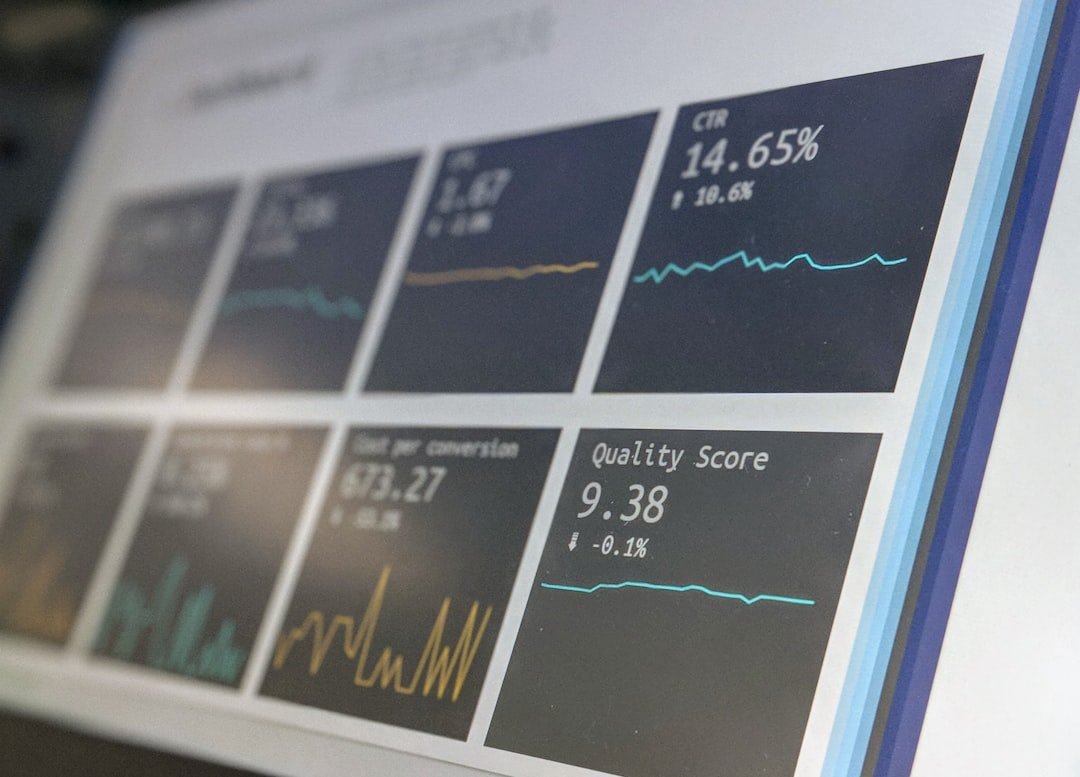Russia's inflation reaches 9.5% this year, weekly data shows
Published by Global Banking & Finance Review®
Posted on December 25, 2024
2 min readLast updated: January 27, 2026

Published by Global Banking & Finance Review®
Posted on December 25, 2024
2 min readLast updated: January 27, 2026

Russia's inflation hit 9.5% in 2023, with a weekly CPI rise of 0.33%. The central bank held the interest rate at 21% to target 4% inflation.
MOSCOW (Reuters) - Russia's inflation has reached 9.5% this year, according to new weekly data showing that the consumer price index rose by 0.33% in the week leading up to Dec. 23, the statistical agency Rosstat reported on Wednesday.
This data follows the central bank's unexpected decision last week to maintain its key interest rate at 21%. The regulator said recent tightening has created conditions conducive to reducing inflation towards its target of 4%.
The agency indicated that seasonally volatile prices for fruit and vegetables contributed significantly to the overall increase, with cucumber prices rising by 8.3% and tomato prices by 1.9% in just one week.
Among less seasonally sensitive foods, the price of eggs increased by 1.7%, and frozen fish by 1.4%. The central bank had initially estimated this year's inflation at a maximum of 8.5%.
The central bank's monetary policy department's head Andrei Gangan told the Interfax news agency on Dec. 24 that full-year inflation will be between 9.6% and 9.8%.
Inflationary expectations among households for the coming year also reached 13.9% in December, the highest level since the beginning of the year.
In a report on its inflationary expectations survey, the central bank said respondents were most concerned about rising prices for milk, dairy products, eggs, meat, and fish.
It also said respondents have begun to notice increases in the prices of home appliances and electronic devices.
(Reporting by Darya Korsunskaya, writing by Gleb Bryanski; editing by Barbara Lewis)
The article discusses Russia's inflation reaching 9.5% in 2023, with insights into consumer price index changes and central bank policies.
The central bank maintained its key interest rate at 21% to create conditions for reducing inflation towards its 4% target.
Seasonally volatile prices for fruit and vegetables, as well as increases in prices for eggs and frozen fish, contributed to the inflation rise.
Explore more articles in the Finance category


